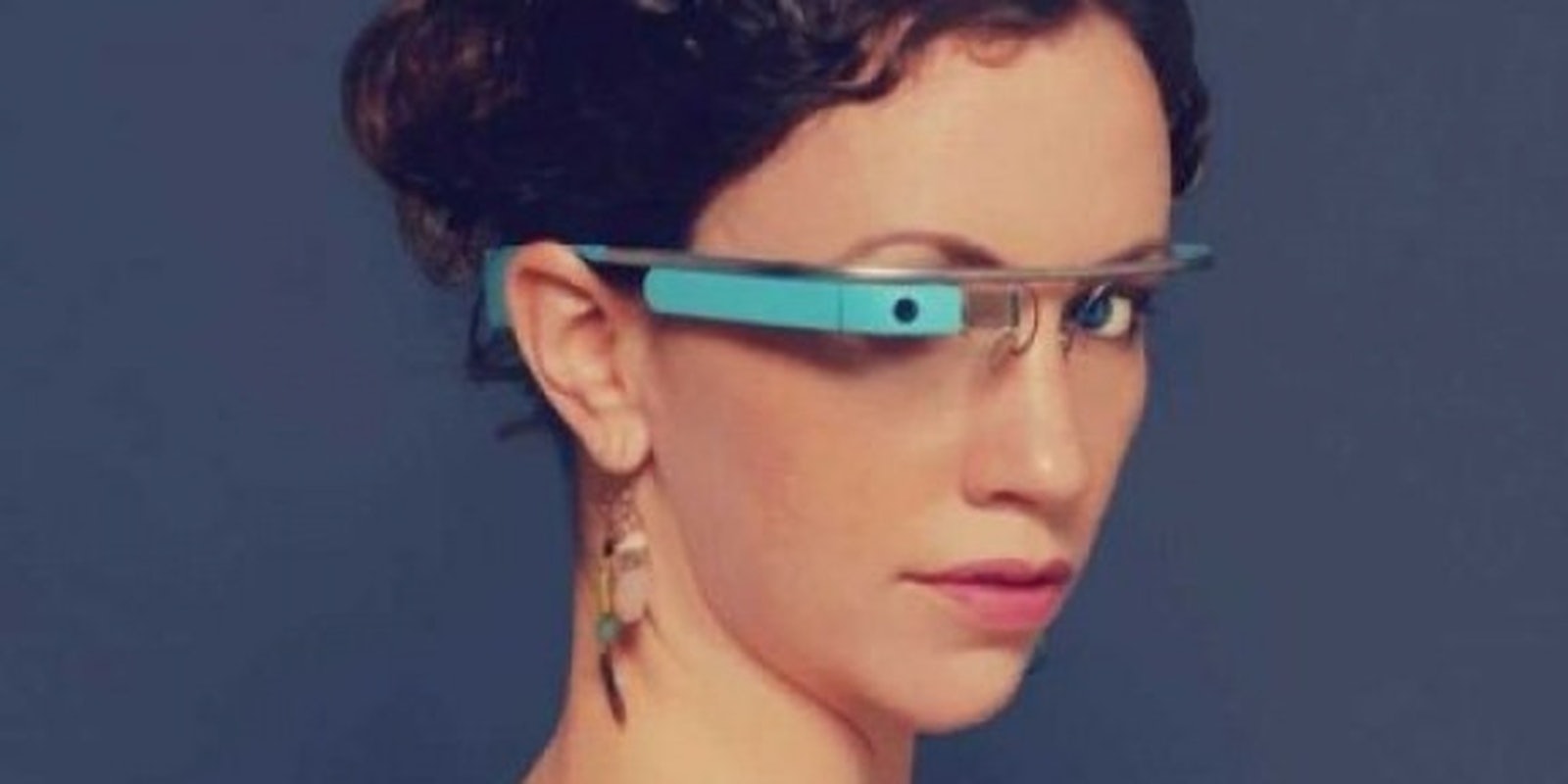Rather than allow the advent of wearable computers to contribute to the carnage that texting while driving has caused in the past decade, many states are seeking to keep Google Glass off your face when you’re behind the wheel. Wyoming, Delaware, Illinois, Missouri, New Jersey, New York, and West Virginia are all considering legislation to that effect, Yahoo! News reported.
The Wyoming bill, fashioned by state Senator Floyd Esquibel, doesn’t single out Google’s cutting-edge device, but as the tech giant seems to be without competitors in the field of head-mounted, Web-connected gadgetry, it’s safe to say that their product is what Esquibel and other legislators have in mind as they push this agenda. West Virginia state representative Gary G. Howell, who introduced an amendment there, noted that it’s primarily “a safety concern, it could project text or video into your field of vision. I think there’s a lot of potential for distraction.”
The U.K.’s Department of Transport, meanwhile, got the ball rolling early on a Google Glass ban for drivers, dismissing Google’s claims that the “smart spectacles” are somehow “less intrusive than a mobile phone.” More fascinating, however, has been the response from the private sector—it’s already forbidden to wear Google Glass in Las Vegas casinos, as Nevada law and gaming regulations prohibit the use of recording devices in gambling establishments. Same goes for most strip clubs, banks, concert venues, and classrooms.
These efforts, however, are likely to be complicated by a few factors: Google Glass can be powered off, and it can be fitted with prescription lenses. Both were the case for a man dragged out of a movie theater by Homeland Security agents on the assumption that he was illegally recording a blockbuster film. Similarly, a California woman dodged a traffic ticket for using a “visual” monitor while driving because there was insufficient proof that it was on at the time. At the end of the day, any government-imposed ban will have to address such technicalities, though businesses like Seattle’s 5 Point Cafe are free to set zero-tolerance policies.
So: the rules and conditions for Google Glass shift wildly not only when you cross state or national lines, but depending on which building or business you walk into. If the device has any success beyond the test-run phrase, it’ll be up to the wearer to know where they can have it on, and what exactly they’re allowed to look at. But given that the list of places that will tolerate Google Glass is shrinking about as fast as the number of spots where you can still legally smoke cigarettes, you may find it easier to just use your regular eyes.
H/T Yahoo! News | Photo by Thanh Tuấn Phạm/Flickr


